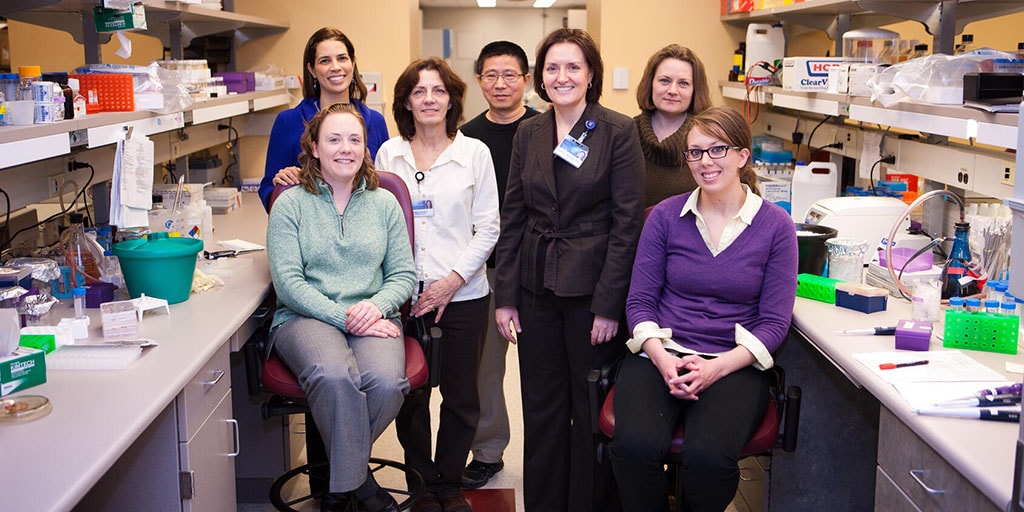Effective mentoring relationships don’t just happen — they benefit from deliberate planning, facilitation, assessment, and recalibration. This toolkit includes resources and proven strategies to help you maximize your mentoring relationships. Both mentors and mentees will benefit from reviewing these materials which are organized around the different stages of a mentoring relationship.
Many of the materials found within these pages is original or slightly adapted content available from the Center for the Improvement of Mentored Experiences in Research (CIMER).
/0x0:512x512/prod01/channel_2/media/mccms/content-assets/academics/biomedical-research-training/phd-program/faculty---immunology/03_Shapiro_Virginia_M_19O.jpg)
Effective mentoring relationships are critical to developing our next generation or research scientists. Both faculty and students identified the need for improved mentor mentee relationships within the graduate school. Through your participation in mentor training new mentors will become good mentors, and good mentors will become great mentors.
Virginia Shapiro, Ph.D.
Associate Dean of Faculty Affairs and Faculty Development, Mayo Clinic Graduate School of Biomedical Sciences
The stages of mentorship
The mentoring cycle requires deliberate attention in the preparation and initiation stages, while cultivating a productive relationship requires both deliberate attention and thorough evaluation.
We’ve organized resources around these four stages with the understanding that many of the resources may be relevant and useful across phases.
You may find it most helpful to review/access resources based on the problem you’re trying to solve.
/0x0:512x512/prod01/channel_2/media/mccms/content-assets/about/academy-of-educational-excellence/resources-for-educators/size-512X512_Academy-coffeeshop-mentorship-(2).jpg)
Prepare stage
Understand mentoring expectations and responsibilities and reflect on your own motivation to participate in training the next generation of researchers.
Initiate stage
Learn more about the five elements of a successful mentoring experience and possible questions to discuss during the initial meeting.
/0x0:512x512/prod01/channel_2/media/mccms/content-assets/academics/health-sciences-training/nppa-gastroenterology-and-hepatology-mn/HERO3665559_0005-512X512.jpg)
/0x0:512x512/prod01/channel_2/media/mccms/content-assets/about/academy-of-educational-excellence/size-512X512_HERO-academy-mentor-lab-1592435_3852665_0004-(1).jpg)
Cultivate stage
Effective communication will help mentors and mentees identify action steps and resources to accomplish well-defined objectives.
Evaluate stage
Recognize successful mentoring strategies and quickly address any challenges before they turn into more complicated issues.
/0x0:512x512/prod01/channel_2/media/mccms/content-assets/about/academy-of-educational-excellence/resources-for-educators/size-512X512_Academy-presentation1706666_3925667_0015-(2).jpg)

Why serve as a mentor?
Mentoring is a powerful way to learn and maximize the potential within the organization.
Mentoring enhances learning by providing the mentee a touch point with an experienced mentor, which can deepen the mentee’s knowledge and commitment to development.
The mentoring relationship allows for focused and individualized mentee development with increased accountability.
Benefits of being a mentor |
Benefits of having a mentor |
|---|---|
|
|
/0x0:512x512/prod01/channel_2/media/mccms/content-assets/about/academy-of-educational-excellence/size-512X512_HERO-academy-mentor-1126823_3319834_0110.jpg)